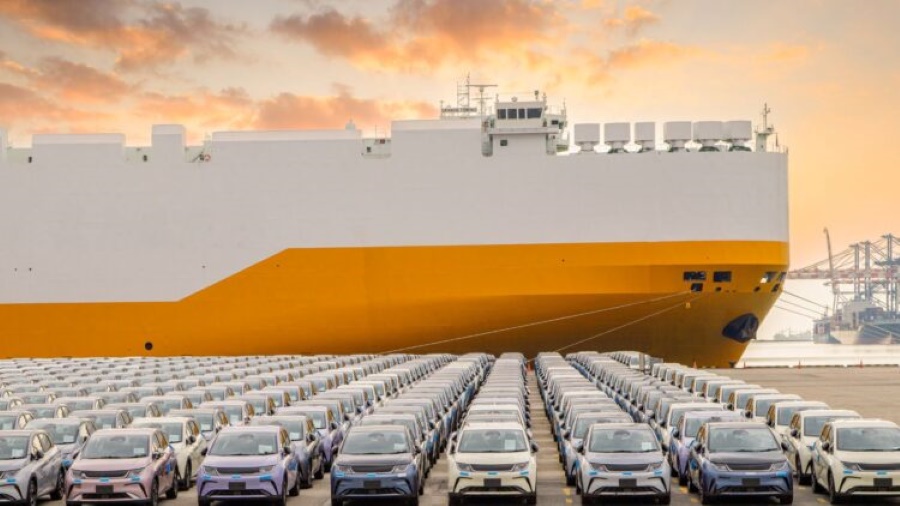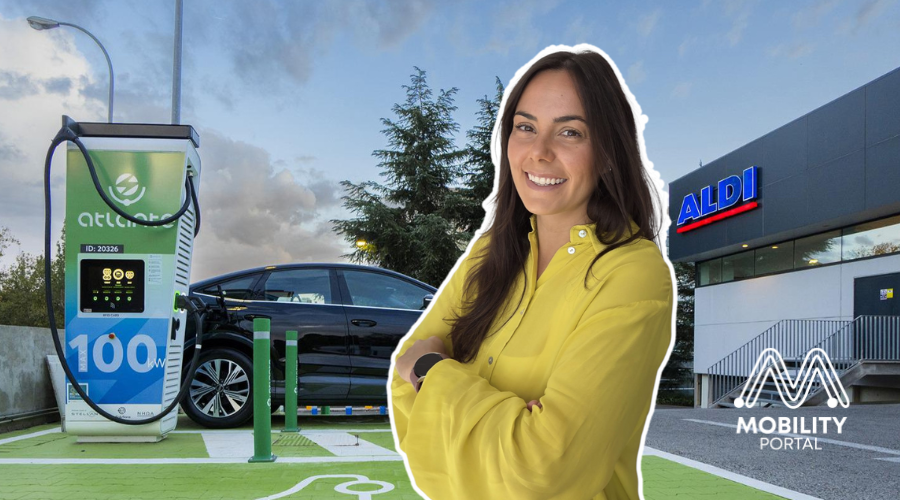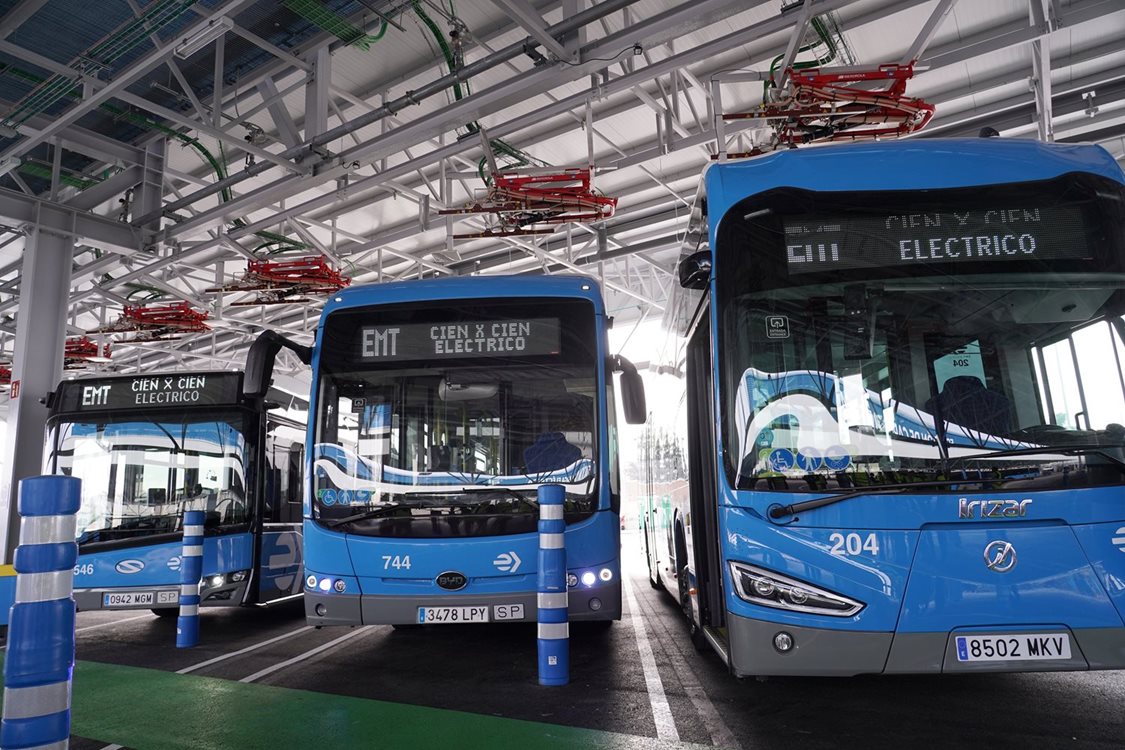Argentina is facing a complex scenario in which imports have become the main source for meeting the rising demand for electric and hybrid vehicles.
The duty-free import regime, which came into force in April 2025 with a quota of 50,000 electrified vehicles, eliminated the 35% tariff that was generally applied to non-Mercosur cars.
This measure has had a significant impact on the diversification of electric vehicle offerings and has encouraged greater competition in the domestic market.
In the first half of the year alone, 33,027 units were allocated under this scheme, with Chinese brands such as BAIC, MG and BYD standing out in particular.
Overall, the country imported a total of 188,469 vehicles, meaning that electrified models accounted for approximately 17% of the market share. In other words, fewer than two in every ten vehicles entering the country are electric or hybrid.
Vehicle types and leading brands
The 33,027 electrified vehicles imported were distributed as follows:

- 17,964 hybrids
- 1,855 battery electric vehicles (BEVs)
- 615 plug-in hybrids (PHEVs)
- 600 mild hybrids
The vast majority of these vehicles originate from China, which accounts for over 85% of imports.
Among the Asian manufacturers with a strong presence in the local market are BAIC, MG and BYD, which have managed to position themselves as leaders in the electrified vehicle segment.
The policy has been well received by consumers, as it promises to reduce the prices of electric and hybrid vehicles, which in many cases had been significantly more expensive than in other countries in the region, such as Chile.
However, the prominence of imports has highlighted the obsolescence of local production, particularly in terms of hybrid and electric vehicles.
The void in local vehicle production
In Argentina, the production of electric and hybrid vehicles remains scarce.
The domestic automotive industry continues to focus on traditional vehicles and the assembly of imported models, leading to stagnation in the transition towards electrification of the vehicle fleet.
“Local production is so outdated that not a single hybrid or electric car is manufactured in Argentina,” an influential source from the automotive import market told Mobility Portal Latin America off the record.
The source also stressed that vehicle manufacturing in the country is “nothing more than an assembly process” and that in terms of “robotisation”, Argentina’s automotive industry has failed to take the necessary steps to modernise its production plants.

Despite the growing demand for electrified cars, high costs and the lack of incentives for local production remain major barriers.
Foreign brands continue to dominate Argentina’s electric vehicle market, resulting in an increasing dependence on imports.
Although the removal of tariffs has enabled the entry of a significant number of vehicles, the future of local production of electric and hybrid vehicles remains uncertain.
The automotive production exodus in Argentina
In recent years, several long-standing carmakers that had manufactured or assembled vehicles in Argentina have decided to move their operations abroad.
This trend reflects not only global shifts in demand but also the economic challenges faced by the sector in Argentina.
Renault, Volkswagen and Nissan are among the most prominent examples of this relocation process.
One of the country’s most traditional brands, Renault, closed its Santa Isabel plant in 2020, ending more than 50 years of local production of models such as the Clio and Kangoo.
The decision was linked to the brand’s global strategy, which focused on consolidating production in more competitive markets with lower operational costs, such as Brazil and Mexico.
Volkswagen also made a strategic shift in its production model. The Pacheco plant in Buenos Aires province ceased production of key local models, such as the Gol and Saveiro, in order to redirect manufacturing towards other Latin American countries.
This change aligns with the modernisation of its plants in Brazil and a global restructuring strategy aimed at optimising vehicle production in larger markets with incentives for electrification.
Nissan, another key player in the local industry, closed its Córdoba plant in 2019, moving production to Mexico. This move was driven by the pursuit of lower manufacturing costs and the need to respond to evolving regional vehicle demand.
These cases reflect a global phenomenon in which major brands are making strategic decisions based on cost competitiveness and the need to adapt to new market demands—particularly those related to electromobility and the automation of manufacturing plants.
The absence of clear policies and incentives to support local electric vehicle production has accelerated this process, leaving Argentina in a vulnerable position in terms of manufacturing and employment in the automotive sector.
DISCOVER MOBILITY PORTAL DATA
Discover Mobility Portal Data, a new exclusive market intelligence platform offering reliable data and key reports to support smart decision-making across the automotive sector — covering both combustion and electric vehicles, as well as charging infrastructure.
Research, trend analysis, and neatly organised statistics presented with clarity and precision, alongside up-to-date insights — all just one click away.
With Mobility Portal Data, good decisions are on the horizon.
READ MORE
-
Atlante y su “modelo híbrido”: generación, almacenamiento y recarga ultrarrápida para un sistema más resiliente
Atlante acelera su despliegue en España y en diálogo con Mobility portal, Inés Mackey, Chief of Staff de Atlante Iberia define las prioridades de la empresa y su apuesta por la interoperabilidad de la mano de Charge League.
-
Spain Auto 2030: a point-by-point look at the plan set to redefine the eMobility landscape
Spain has entered a new phase in its industrial strategy for electric mobility. The Government has unveiled Spain Auto 2030, a roadmap designed to mobilise €30 billion over the next five years, reshaping the centre of gravity of the electric vehicle market through fresh incentives, a centralised management model, targeted investment in charging infrastructure and…
-
EMT Madrid licita 120 nuevos buses eléctricos: inversión de 79,35 millones y entregas entre 2026-2027
Con esta incorporación, Madrid refuerza su estrategia de descarbonización y consolida una de las flotas eléctricas urbanas más grandes de Europa.









